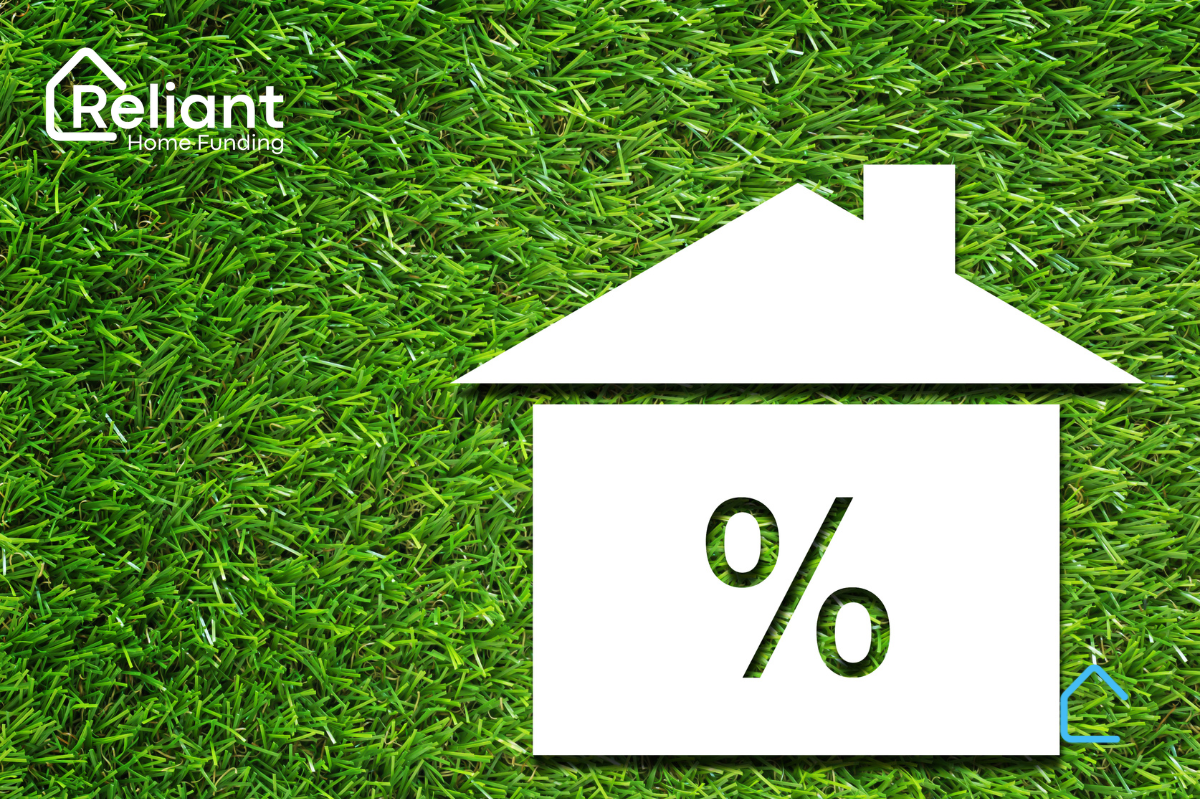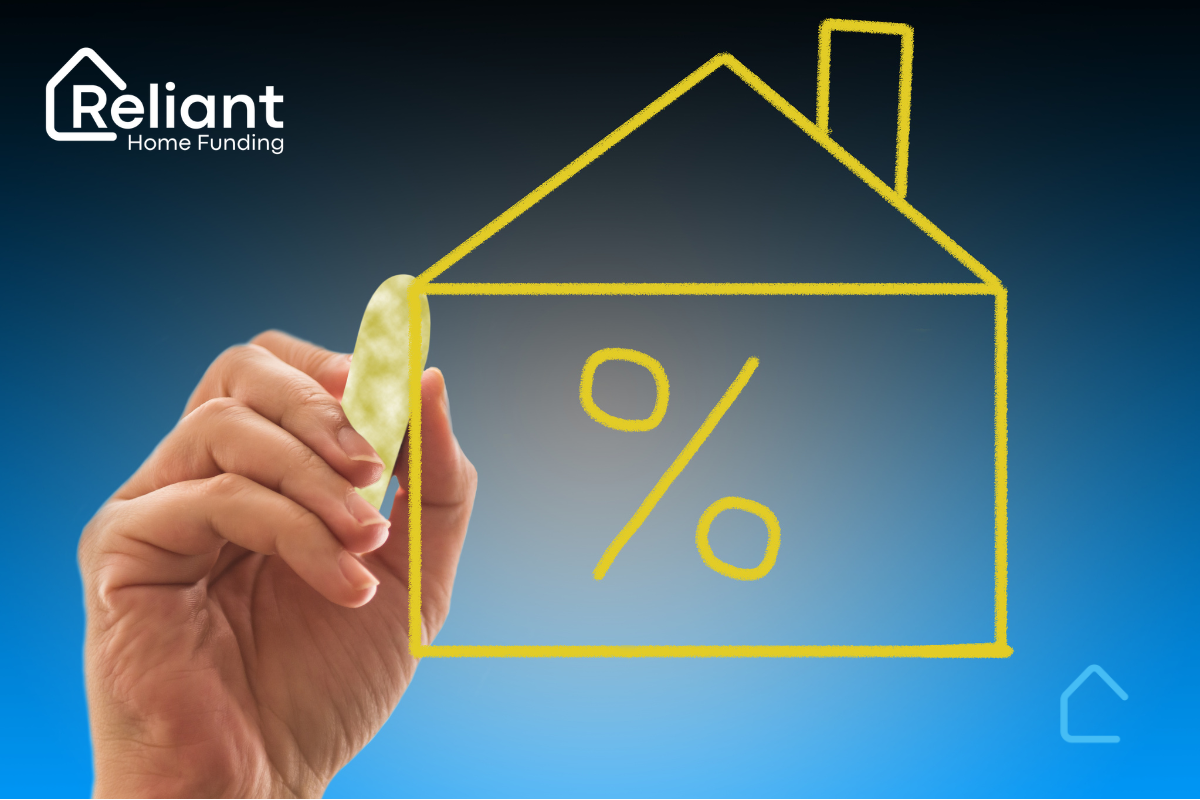You’ve decided to buy a house and are ready to get a loan to make your homebuying dream come true. But between an FHA loan and a Conventional loan, what is the difference? Here’s a quick overview:
Conventional Home Loans
According to the Consumer Financial Protection Bureau, conventional loans are loans that are not a part of a specific government program. A conventional loan is more difficult to get, but typically costs less than an FHA loan (“Conventional loans,” n.d.).
In a conforming Conventional Loan, there are rules set by Fannie Mae and Freddie Mac as well as loan limits set by the Federal Housing Administration as a lending standard. Even with these criteria, these loans are not insured or backed by the government, so they require a higher credit score.
Below are some takeaways of what you need to be eligible and the benefits of Conventional Loans:
Eligibility
To be eligible for a conventional loan, you need the following:
- Credit Score is 620 or more
- 5% Down Payment (3% allowed in specific circumstances). Credit-challenged borrowers, or borrowers purchasing a second home or investment property may be required to put more money down.
- Consistent/Documented Income
Benefits
If you qualify for a conventional loan, below are some of benefits:
- Saving Money. If you have a deposit of 20% or more, you won’t be required to take out mortgage insurance.
- Speedy Pre-Approval
- Flexible Terms
Now that you have an overview on conventional loans, we can take a look at FHA loans.
FHA Loans
According to the Consumer Financial Protection Bureau, FHA loans are loans that are issued by private lenders that are insured and regulated by the Federal Housing Administration (FHA) (“FHA loans,” n.d.).
FHA loans are government insured and have lower requirements. For borrowers with a lower credit score, this can be helpful when looking for a mortgage loan.
Below are some takeaways on eligibility and the benefits of FHA loans:
Eligibility
To be eligible for a FHA loan, you need the following:
- Credit score is 580 or more
- Down Payment of at least 3.5%
- Property must be a Primary Residence
Benefits
If you qualify for a FHA loan, below are some benefits:
- Lower Income Requirements
- Lower Down Payments
- Lower Credit Scores
Depending on your financial situation, the requirements for an FHA loan can vary, to get an idea of what you qualify for, call in to speak one of our Mortgage Specialists!
To Sum It Up
FHA loans can help those with lower credit scores, low down payments, or limited income purchase a home. However, the borrower will be required to pay upfront, and have monthly mortgage insurance.
Conventional loans are best for those with good credit scores, strong income, and assets.
At Reliant Home Funding, we’re happy to answer questions about FHA and Conventional loans or help walk you through the process. Contact us today!
Sources
Consumer Financial Protection Bureau. (n.d.). Conventional loans. Consumer Financial Protection Bureau. Retrieved October 27, 2021, from https://www.consumerfinance.gov/owning-a-home/loan-options/conventional-loans/.
Consumer Financial Protection Bureau. (n.d.). FHA loans. Consumer Financial Protection Bureau. Retrieved October 27, 2021, from https://www.consumerfinance.gov/owning-a-home/loan-options/fha-loans/.



